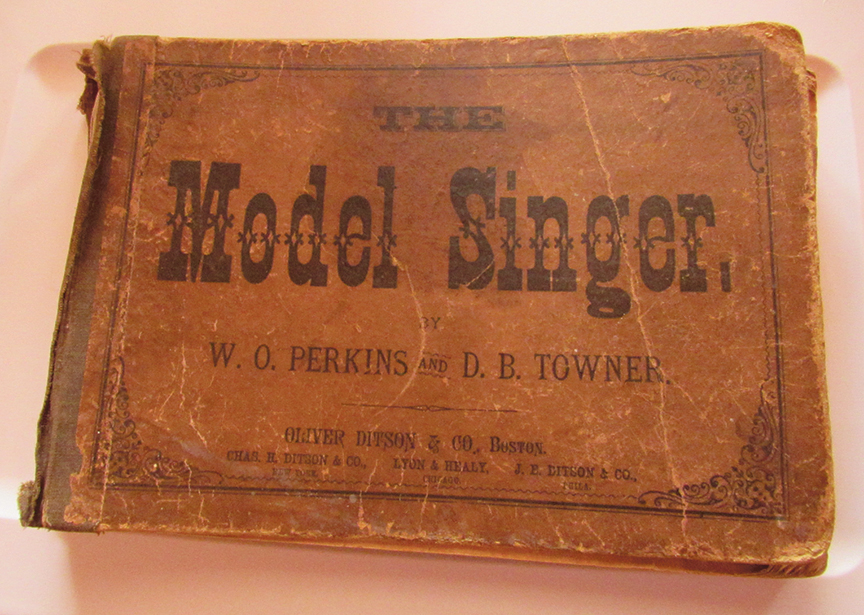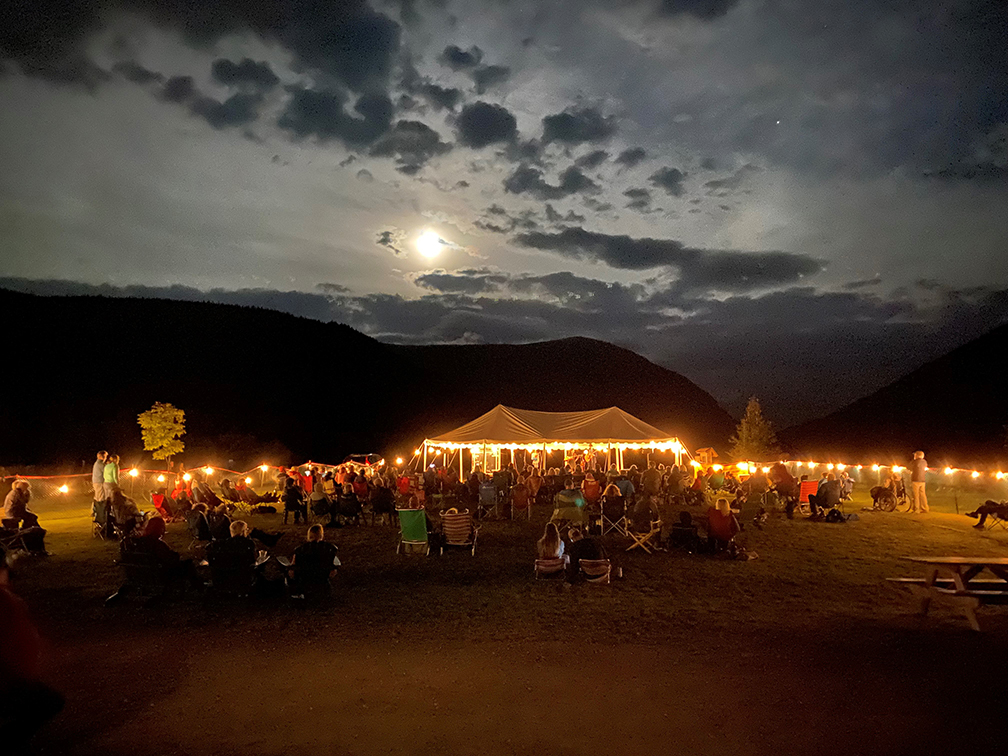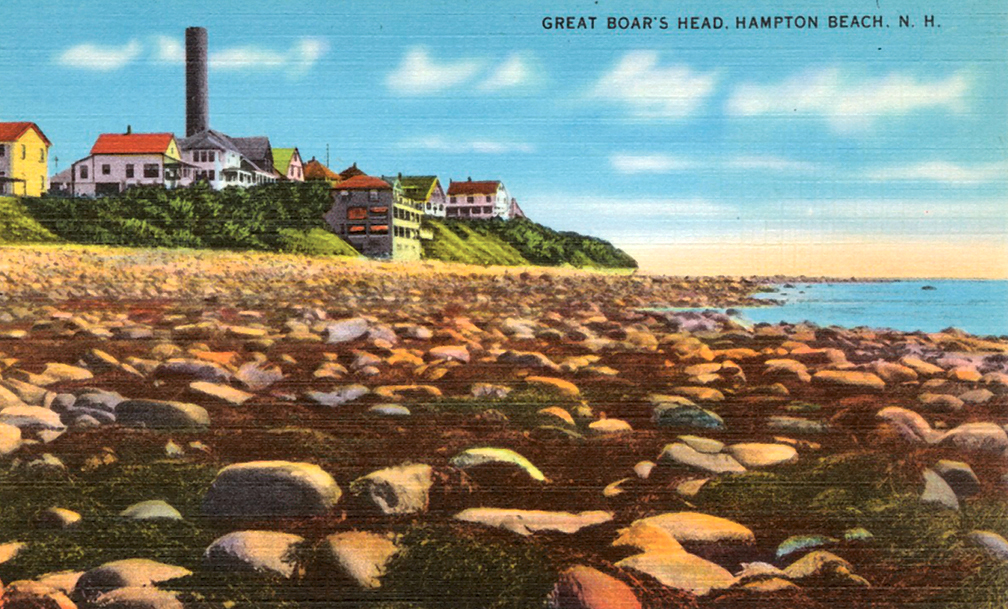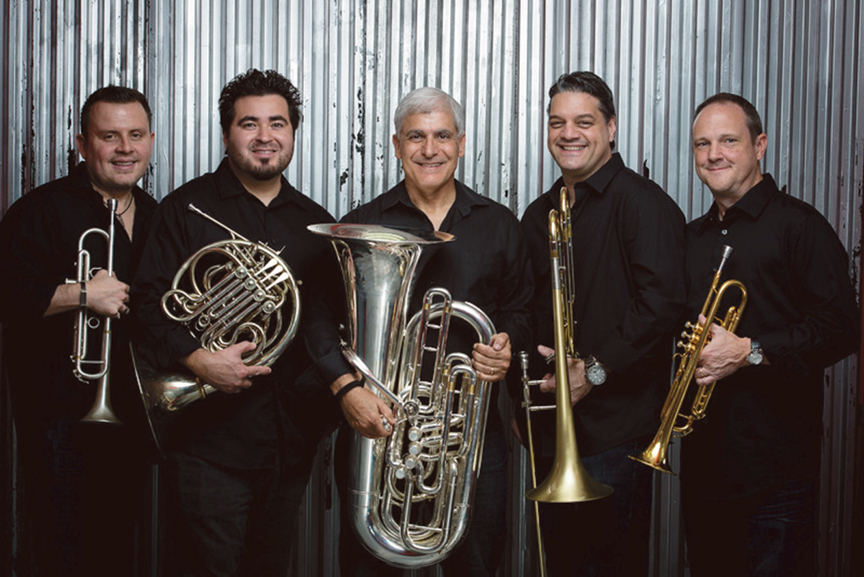My Grandfather’s Songbook – “A Model Singer”

PHOTO: My Grandfather’s Songbook


by Robert Hanaford Smith, Sr.
Weirs Times Contributing Writer
It was covered with dust where it had been tucked away in a place that was seldom visited. It’s front cover was nearly torn away from the rest of the book, but it was hanging by a few threads, refusing to let go.
It was an old songbook and I seriously considered just throwing it into the trash. Instead I leafed through its pages without finding any songs I recognized, but, as I often do when I discover an old book, I looked for a publishing date. I didn’t find a publishing date, but did find a copyright date – 1884, which I guess is very close to the publishing date, if not the same.
Thinking that the book might possibly have some vintage value, I set it aside to let it wait for a closer examination. That day came not long ago when I did a better job of cleaning off the dust and checking the contents of the songbook.
Reading the song titles I was almost convinced that there was not one that I was acquainted with until I came to page number 142, and there among the hymns in the songbook was a song written by a Smith that I was acquainted with (not the Smith, but the song). It is “America.” A further discovery was that inside the front cover and on the title page were written the name “Bradley H. Smith.” Bradley H. Smith was my father’s father, or my grandfather. I never knew him because he died less than two months before I was born.
Music has been called the universal language, but music takes a lot of forms and styles that are different in different cultures and changes can happen frequently with the passing years. Music plays on our moods and emotions and the words attached to it can even have a huge impact on our world view and thus the society we live in. So I am interested in what music my grandfather sang and listened to, along with his classmates, for, you see, the book I found has the title “The Model Singer for Classes, Schools, and Choirs.”
I assume it was one of my grandfather’s schoolbooks, though I have no way of knowing that. I doubt that he took private singing lessons, though I don’t know that either. I never heard anyone say that Grandpa Smith was a singer, but then I never heard anyone say much about my Grandfather Smith.
One thing about the old school songbook was that, though the songs were different, the format was similar to the songbooks we sang from in the one-room school I attended, which was probably the same one that my grandfather attended.

There were songs of love, songs about the natural world, agricultural songs, songs of the sea, seasonal songs, songs about family, patriotic songs, and hymns and songs of the church. There wasn’t a separation of church and state or of school and religion, because in those days if one had religion in these parts it was the Christian religion. So the school teacher had no fear leading the singing with “Let us with a joyful mind Praise the Lord for He is kind; For His mercies shall endure, Ever faithful, ever sure.” Or “Behold what manner of love The Father hath bestowed upon us That we should be called the sons of God.”
The hymns were included in the old songbooks, probably not to secure some connection between the school and the church, but simply to fit into the culture of the times. The songbook owned by my grandfather even has some chants in it, something I don’t remember being in my schoolboy songbook.
Somehow, I think my Grandpa was probably more of a chanter than he was a singer, but then, again, I don’t know. Maybe he was the lead singer in a quartet.
I doubt that today’s schoolchildren have any chants in their songbooks, if they have any songbooks. They might have something similar, though, called “Rap.” The music we listen to and the songs that we sing, and even the instruments we play, reveal certain things about the society we live in and the culture we desire.
I checked an old book seller on line, meaning the books are old, not necessarily the seller, and found out that Grandpa’s songbook is selling for $6.00, though I was hoping it would be $600. It should be with his signature in it. The old songbook has some songs the model singer should love to sing – songs of joy with good sentiments and advice. The “Vermont Farmer’s Song” was meant to be lively as the singer says: “‘Tis my delight on a winter’s night, To sing the farmer’s song.” The song begins, though, with “A health unto the farmer, Who lives among the hills, Where every man’s a sovereign, And owns the land he tills; Where all the girls are beautiful and all the boys are strong…” Those green mountain boys, we are told, are called such, not because they are green, but because the mountains are. And those girls, according to the song, “…always fight to win the right, And to resist the wrong.”

One of the songs in the book reminded me that the sentiment expressed is one that could be felt by many children: “Oh, Papa, come home sober, At six o’clock tonight, And everything shall be for you So cosy and so bright; Your chair just by the fire-side, With slippers for your feet, And while you read I’ll sing to you The songs you think so sweet. Then, Papa, come home sober, Don’t drink a drop tonight, Come home to mother and to me; “Twill make our hearts so light.”
For those who have had enough winter and snow the old songbook had a number of summer songs like “Summer Days Are Coming.” “Winter winds are blowing’” it says, “But beneath the ice and snow, Rippling streams are flowing …Soon the air with song will ring, With the bees low humimg, Joy o’er earth her robe will fling, Summer days are coming.”
Bradley Smith’s songbook began with instructions to the teacher on how to instruct others with the admonition, “Do not forget that the object is to learn to sing! So sing first and last, and spend nearly all the time in singing.”
There was a second book I found with the one already mentioned. I find no owner’s name written in it, but the publishing date is 1855, so perhaps this one belonged to my Great-grandfather, Thomas. Its’ title is “ GLORIA IN EXCELSIS,” and it introduces itself as “consisting of hymn-tunes, anthems, sentences, choruses, and chants,” and its use was stated as being for vocal exercises and glees for social gatherings, singing schools and choir practice.
The 384 page songbook has a few fern leaves pressed within its pages and contains a number of different themes such as the glory of God, salvation from sin through faith in Christ Jesus, and the enjoyment of God’s blessings as in the words of this “Glee” song: “Be content, and be cheerful, and wish for no more; For know, the best time to be happy and sing, Is Summer, is Winter, is Autumn, is Spring.”
Robert Hanaford Smith, Sr., welcomes your comments at danahillsmiths@yahoo.com



